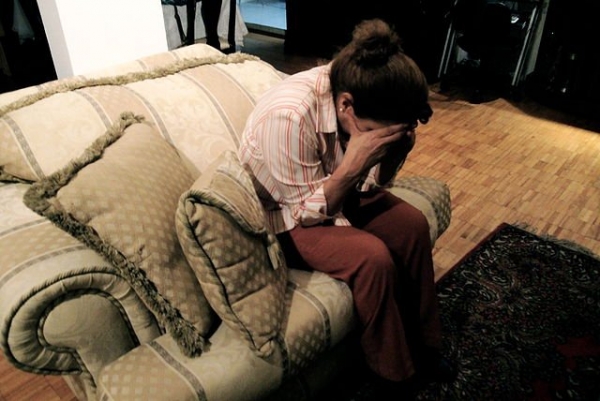Women and addiction: a much neglected problem

Mother’s Day has come and gone with the usual emphasis on happy mothers, loving families and children bringing breakfast in bed to their moms. For many this picture is a good reflection of what happens at home. But for some mothers this picture is far from accurate.
These women battle their addictions every day and desperately try to balance being a mother, partner, wife and daughter. Whether they are poor and single or successful business women, addiction haunts them. For them, the visions of happy families bring on feelings of loss.
Powerful feelings of shame and guilt deter women from seeking help for addiction, even when their lives depend on it. The stigma attached to addiction can be stronger for women—mothers, in particular—than it is for men. Denial, fear, and shame prevent women from looking honestly at their drinking and drug use, asking friends or family for help, or consulting a professional. Other common barriers to help for women include child care responsibilities, lower wages or less income, substance abuse by a partner or other family members, fear of losing custody of children, lack of access to resources, cultural taboos or feeling unworthy of help.
They struggle to cope with the demands of their children and families. They live double lives. Who will take the children to school and fetch them while they are in treatment? Who will cook for them, take them to extra maths, iron their uniforms and in many cases, there is nobody to look after children for any length of time.
I surveyed some of the women in treatment currently at Eden. Cathy H said “I delayed treatment because of my kids even though they needed a sober mom. I had nobody to take care of them for the weeks I was in treatment.”
Zinzi G: “I come from a different province, I’m worried because there are no support meetings in my town, and I have kept my addiction a secret from people where I live.”
Fathima R: “My family are ashamed of my problem. They won’t talk about it and they are finding it hard to accept that I will need more therapeutic help when I leave.”
The South African Community Epidemiology Network on Drug Use presented their most recent findings reflected in data captured from South African treatment facilities for the months January to June 2014. The number of women being treated is increasing. Physiological differences accelerate the progression of addiction faster in women than men. Women are starting to abuse drugs and alcohol at a younger age.
Yesterday I got a call from “Khosi”. At 32 she has an addiction to alcohol and marijuana. She earns R3,500 per month and is raising two children. I am always taken aback and in awe of women like Khosi who face huge challenges to find treatment. She recognises that she needs help. She’s desperate and will do anything to stop drinking and get well. She understands that she cannot try to stop on her own
There are free resources like Alcoholics Anonymous and Narcotics Anonymous where women can attend for free and without them many people would not be here to tell their stories. However in outlying areas there are no meetings to be found, and the struggle is how to get to a meeting and who will watch their children for the one to three hours that the meeting will last.
I have different treatment facilities on file where I refer people to and three of them are free. Chris Hani Baragwanath recently opened their treatment facility with much fanfare in the media. To my frustration and confusion they told me that they cater only for men. The other facility that I called also caters only to men. I only have one registered facility that can help women and men at no charge in Gauteng.
With rife abuse of alcohol and life so challenging on every front, treatment must be accessible to people in need. We can’t afford to ignore, judge or condemn. We need to tell our children, our families and our communities that there is help. Not only do we need more facilities who will take women, but we need facilities designed for women and their special needs.
Dodds works with the Eden Recovery Centre. The opinions expressed in this article are solely those of the author. No inference should be made on whether these reflect the editorial position of GroundUp.

This article is licensed under a Creative Commons Attribution-NoDerivatives 4.0 International License.


